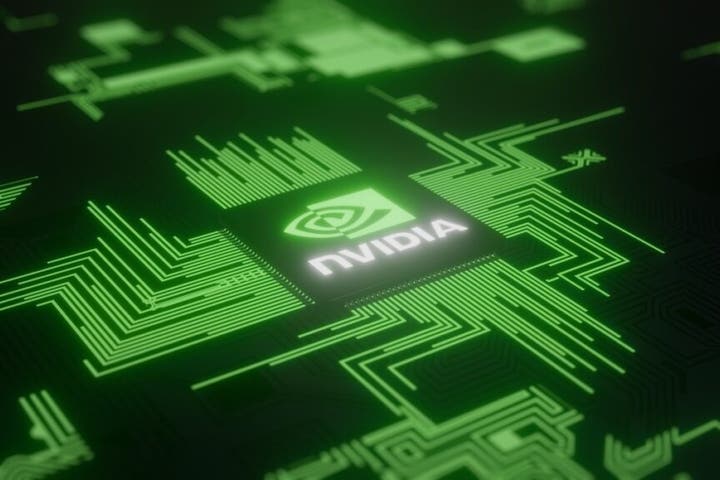UPDATE: Nvidia Corporation has just announced a major order for an additional 300,000 H20 AI chips from Taiwan Semiconductor Manufacturing Company (TSMC) as demand in China skyrockets. This unexpected surge comes in the wake of recent changes to U.S. export policies, which now allow for increased chip sales to the Chinese market.
The new order, placed last week, marks a significant shift in Nvidia’s production strategy for the H20 GPU, as reported by Reuters. This decision follows the Trump administration’s easing of restrictions originally imposed in April due to national security concerns. Initially, Nvidia had limited its production and warned customers about dwindling inventory levels.
The H20 chip has become increasingly vital for Chinese tech giants, including Tencent Holdings, Alibaba Group, and ByteDance. Although it is less powerful than Nvidia’s flagship H100 or Blackwell chips, the H20 is tailored to meet U.S. export regulations, allowing the company to serve its Chinese clientele without breaching trade laws.
While some U.S. lawmakers have voiced concerns over the resumption of chip exports, Nvidia maintains that maintaining ties with China is crucial to prevent developers from turning to domestic alternatives such as Huawei Technologies. The company has reported that it is still waiting for final export licenses from the U.S. Department of Commerce, but it has been assured that these will be issued soon.
In parallel, a report surfaced last week indicating that over $1 billion worth of Nvidia’s advanced AI processors may have been smuggled into China, circumventing existing U.S. export restrictions. This underscores the urgent need for Nvidia to navigate the complex landscape of international trade effectively.
Nvidia’s stock reacted positively to the news, rising by 1.87% during regular trading hours and gaining an additional 0.23% after hours, closing at $177.15, according to data from Benzinga Pro. Analysts suggest that Nvidia continues to show strong momentum across varying timeframes, despite its comparatively low stock value score.
As Nvidia moves forward with its production plans, industry watchers are keenly observing how these developments will shape the tech landscape in both the U.S. and China. The company has also requested updated order forecasts from its Chinese customers, indicating that it is preparing for continued robust demand.
This situation is rapidly evolving, and the implications of Nvidia’s decisions will be felt across the global tech sector. Stay tuned for further updates as they become available.





































































